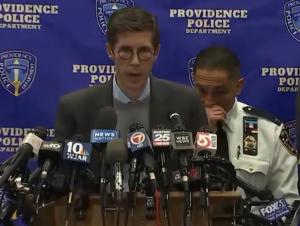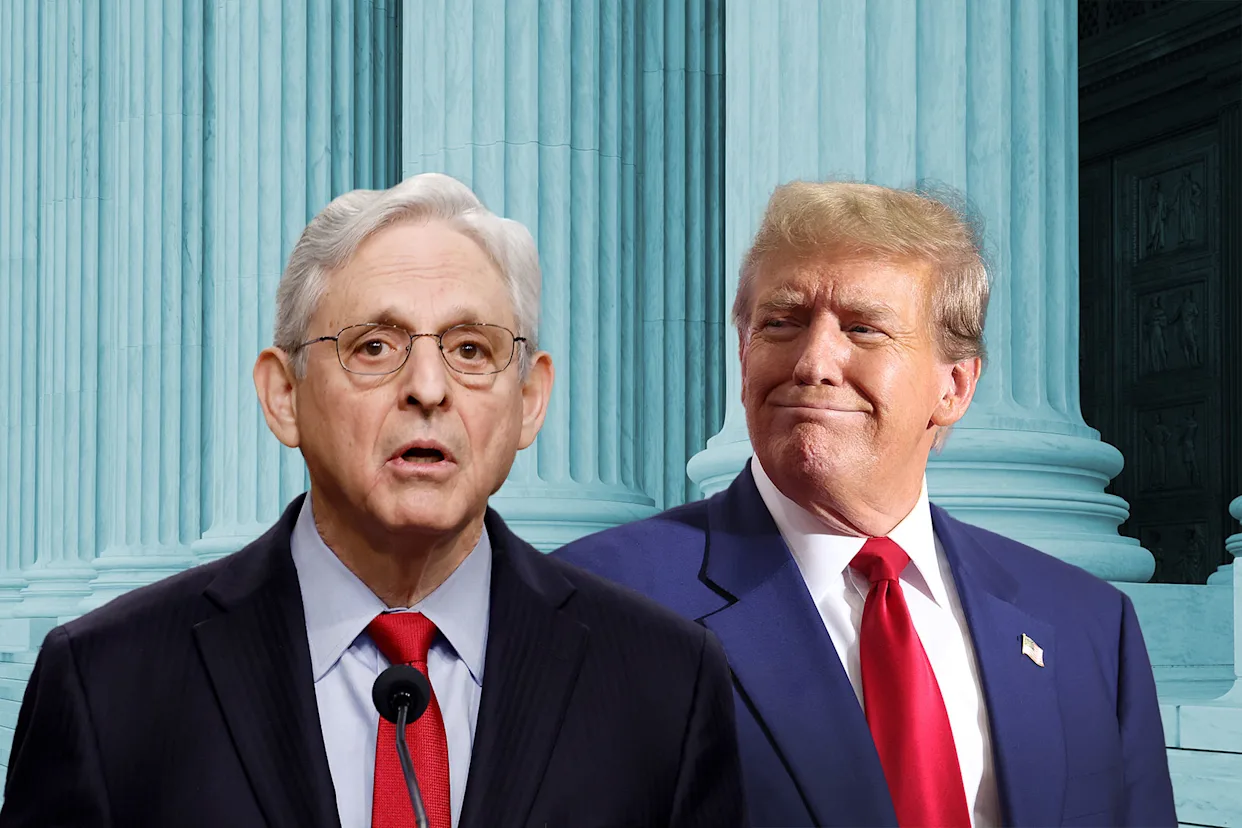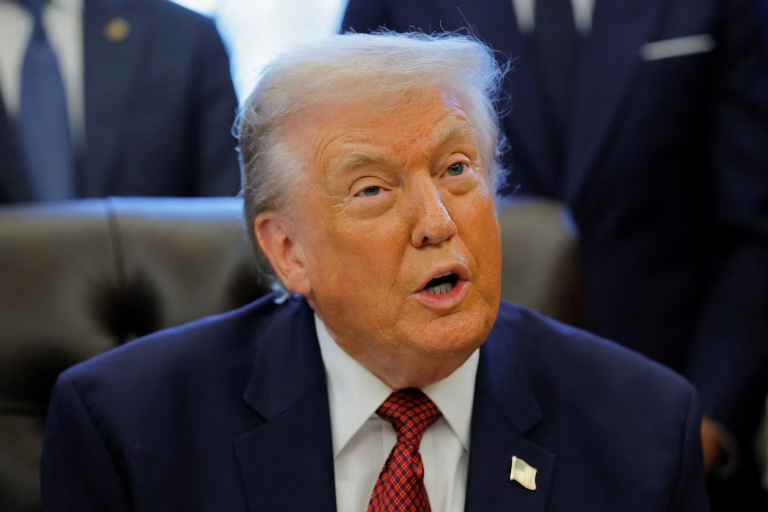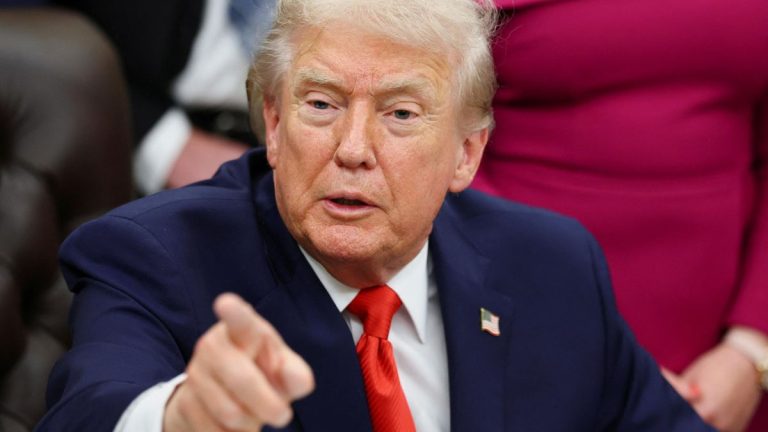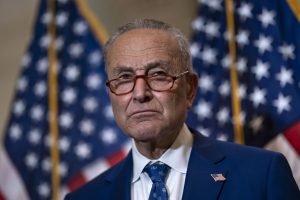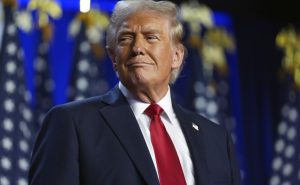In recent weeks, public attention has focused on a previously undisclosed FBI investigation known as “Arctic Frost,” which targeted multiple Republican-linked groups, prominent donors, and some members of Congress. Documents released by Senate Judiciary Committee Chairman Chuck Grassley have revealed that senior Biden administration officials, including former Attorney General Merrick Garland, Deputy Attorney General Lisa Monaco, and FBI Director Christopher Wray, signed off on the authorization of this sensitive investigation in April 2022.
The probe, described in the released materials as an inquiry into efforts to obstruct the certification of the Electoral College following the 2020 presidential election, has sparked heated debate over the appropriate scope of federal law enforcement and the balance between oversight and political neutrality. Grassley has criticized the actions as “unleashing unchecked government power at the highest levels,” and the disclosures have intensified scrutiny of how investigations intersect with partisan politics.
Authorization and Scope
The documents indicate that the Washington Field Office of the FBI requested senior leadership approval before proceeding with Arctic Frost. The request outlined concerns regarding “apparent efforts to obstruct Congress’ certification of the Electoral College” and cited instances where “fraudulent certificates of electors’ votes were submitted to the Archivist of the United States,” purportedly representing votes from Arizona, Georgia, Michigan, Nevada, and Wisconsin.
FBI Director Wray, in a memo, emphasized that the agency had identified an “articulable factual basis indicating the existence of a federal crime,” prompting the bureau to seek formal authorization to open a full investigation. The memo, dated April 4, 2022, was signed by Wray and subsequently approved by Garland, with Monaco also recommending authorization. These steps reflected standard protocol for opening investigations of national significance and potential high-profile political implications.
While the initial focus of the investigation was on actions related to the 2020 election, the probe’s scope expanded to include affiliated individuals and organizations with links to Republican political activities. Grassley noted that the investigation ultimately encompassed 92 GOP-aligned groups, raising questions about the breadth and proportionality of investigative actions. Among those cited were organizations involved in political advocacy, campaign activities, and voter outreach.
Involvement of Members of Congress
Perhaps the most contentious aspect of Arctic Frost involves the collection of phone metadata from several sitting Republican senators. The materials released indicate that subpoenas were issued to telecommunications providers to obtain call logs, sometimes referred to as “toll analysis,” covering a limited timeframe around the January 6, 2021, Capitol events. This process allowed investigators to identify the numbers contacted, the duration and timing of calls, and locations from which calls were made.
Senators whose call metadata was accessed include Marsha Blackburn (Tenn.), Lindsey Graham (S.C.), Tommy Tuberville (Ala.), Dan Sullivan (Alaska), Ron Johnson (Wis.), Bill Hagerty (Tenn.), Josh Hawley (Mo.), and Cynthia Lummis (Wyo.), along with Representative Mike Kelly (Pa.). Grassley and others have described the access to this data as a potential overreach of federal authority and have raised concerns about the implications for congressional oversight and separation of powers.
Critics of the probe assert that these actions could constitute inappropriate targeting of political figures and argue that obtaining phone metadata without clear public justification raises questions about the politicization of investigative resources. While the documents indicate the use of standard investigative tools, opponents characterize the scope as unusually broad given the sensitivity of involving elected officials.
Political and Legal Implications
Arctic Frost has become a flashpoint in the broader debate over federal law enforcement’s relationship to politics. Republican leaders have framed the investigation as a weaponization of the Justice Department and the FBI, suggesting that the bureau acted beyond traditional investigative boundaries. Senator Grassley emphasized that the probe’s reach, particularly its inclusion of political donors, advocacy organizations, and members of Congress, represents a scale of authority that merits additional oversight.
Former President Donald Trump and allied political figures have also criticized the investigation, asserting that Arctic Frost targeted not only him but the broader Republican political apparatus. While these statements reflect political interpretations rather than legal determinations, they have contributed to heightened partisan tension surrounding the probe.
On the other hand, supporters of the investigation note that federal authorities were responding to credible allegations regarding the certification of the 2020 election. The initial focus on purported fraudulent certificates and efforts to obstruct Congress was legally grounded, and the process of seeking authorization from senior DOJ and FBI officials is consistent with standard investigative protocols for sensitive or high-profile matters.
Public Oversight and Congressional Response
The release of documents by the Senate Judiciary Committee is part of ongoing congressional oversight. Grassley has emphasized that transparency and accountability are critical in evaluating how federal investigative powers are exercised, especially in politically sensitive cases. The documents include memoranda detailing the decision-making process, internal recommendations, and approval signatures from Garland, Monaco, and Wray.
The disclosures have prompted calls from some members of Congress for additional investigations into the conduct of the DOJ and the FBI, particularly regarding the collection of phone metadata and the selection of targets for investigation. Questions raised include whether the probe was sufficiently narrow, whether due process protections were observed, and whether political considerations influenced investigative decisions.
Broader Context
Arctic Frost is part of a broader conversation about the role of federal law enforcement in politically charged investigations. Historically, politically sensitive probes have drawn scrutiny for their potential to influence public perception and partisan outcomes. The tension between investigating potential criminal conduct and maintaining the appearance of neutrality is a recurring challenge for institutions such as the FBI and DOJ.
The probe also highlights the delicate balance between national security and civil liberties. While law enforcement agencies have a mandate to investigate threats to the constitutional process, the involvement of elected officials and political organizations raises concerns about the potential chilling effect on political participation and free speech.
Additionally, Arctic Frost underscores the complex legal landscape surrounding investigative authority. Subpoenas for call metadata are legally permissible under certain circumstances, but questions about proportionality, necessity, and transparency remain central to the debate. Congressional oversight and judicial review play key roles in ensuring that investigative tools are employed appropriately.
Impact on Public Perception
Public reaction to Arctic Frost has been divided along partisan lines. Some view the investigation as a necessary step to uphold electoral integrity and enforce the law. Others see it as an example of overreach and a politicized use of federal resources. This divergence in public opinion underscores the broader challenges in maintaining trust in governmental institutions, particularly in a politically polarized environment.
The controversy has also fueled debate over media coverage, the framing of investigative findings, and the communication of official actions to the public. Accurate reporting, contextual analysis, and transparency are critical in shaping public understanding of complex investigations. Mischaracterizations or exaggerations can undermine confidence and exacerbate partisan tensions.
Legal and Ethical Considerations
The legal framework governing federal investigations includes safeguards designed to protect constitutional rights, limit overreach, and ensure accountability. Arctic Frost’s authorization by senior officials reflects adherence to procedural protocols, but questions remain regarding the ethical implications of targeting politically affiliated individuals and organizations.
Observers highlight that investigative decisions must balance the pursuit of justice with respect for political freedoms and institutional boundaries. Ethical considerations include the potential for perceived bias, the need for proportionality in investigative measures, and the responsibility to minimize collateral impact on innocent parties.
Future Oversight and Investigations
Looking ahead, the release of Arctic Frost documents may prompt further oversight actions by Congress, internal DOJ reviews, and potential judicial scrutiny. Senators and advocacy organizations are likely to continue evaluating whether the investigation adhered to legal standards, respected civil liberties, and avoided partisan influence.
The ongoing debate reflects a broader societal question: how to ensure accountability and integrity in government investigations while preserving public trust and political neutrality. Arctic Frost serves as a case study in the complexities of high-profile federal probes, particularly when they intersect with contentious political issues and involve elected officials.
Conclusion
Arctic Frost represents a significant episode in the intersection of federal law enforcement, political activity, and congressional oversight. Documents released by Senate committees confirm the investigation’s authorization by senior DOJ and FBI officials, its focus on potential electoral obstructions, and the involvement of multiple Republican-aligned organizations and select members of Congress.
While the investigation had a legitimate legal basis, the scope, targets, and methods have raised substantial questions about proportionality, transparency, and potential political influence. The probe has sparked debate among lawmakers, political analysts, and the public, reflecting the challenges of maintaining trust in federal investigative processes while ensuring accountability and the rule of law.
As oversight efforts continue, Arctic Frost will remain a focal point for evaluating the proper limits of investigative authority, the safeguards necessary to protect political freedoms, and the broader implications of politically sensitive probes in the United States.

Emily Johnson is a critically acclaimed essayist and novelist known for her thought-provoking works centered on feminism, women’s rights, and modern relationships. Born and raised in Portland, Oregon, Emily grew up with a deep love of books, often spending her afternoons at her local library. She went on to study literature and gender studies at UCLA, where she became deeply involved in activism and began publishing essays in campus journals. Her debut essay collection, Voices Unbound, struck a chord with readers nationwide for its fearless exploration of gender dynamics, identity, and the challenges faced by women in contemporary society. Emily later transitioned into fiction, writing novels that balance compelling storytelling with social commentary. Her protagonists are often strong, multidimensional women navigating love, ambition, and the struggles of everyday life, making her a favorite among readers who crave authentic, relatable narratives. Critics praise her ability to merge personal intimacy with universal themes. Off the page, Emily is an advocate for women in publishing, leading workshops that encourage young female writers to embrace their voices. She lives in Seattle with her partner and two rescue cats, where she continues to write, teach, and inspire a new generation of storytellers.



